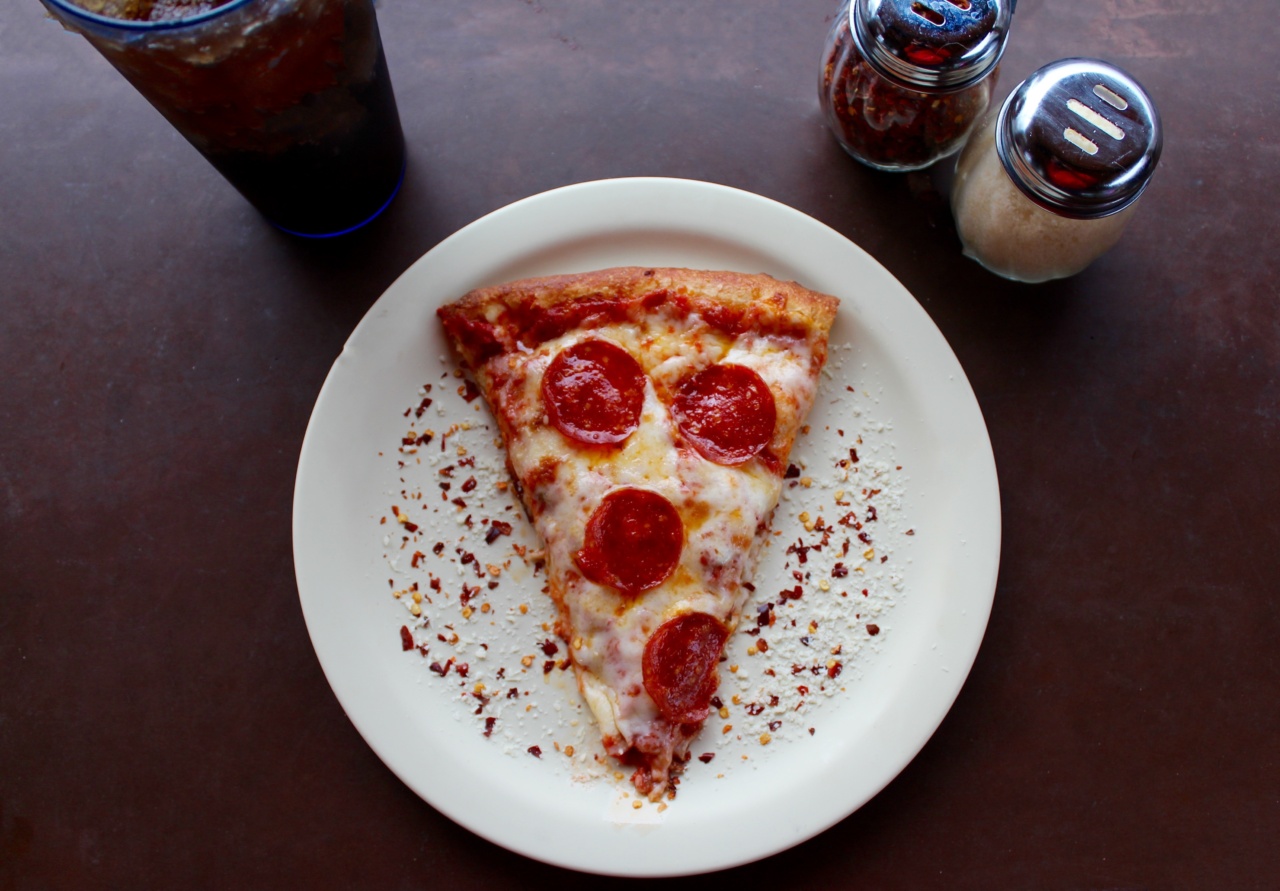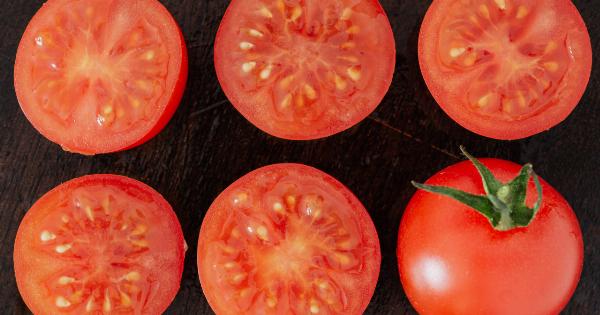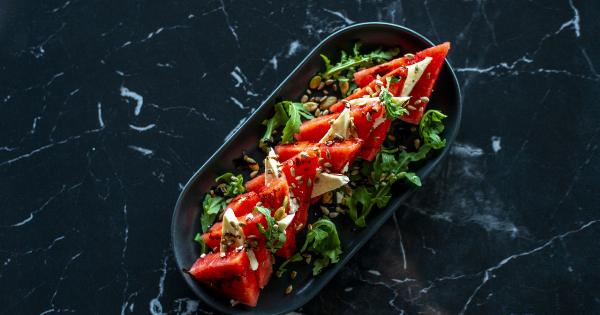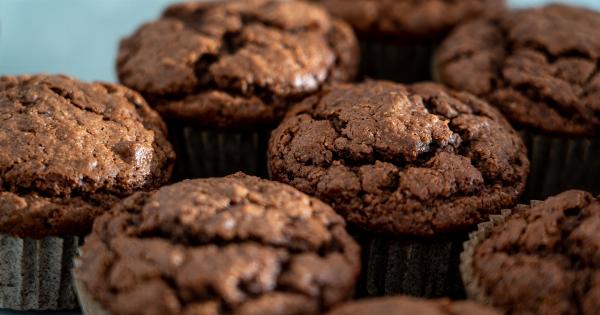Breakfast is the most important meal of the day, but what should we eat to fuel our body for the day ahead? Many people reach for a bowl of cereal, but nutritionists are now suggesting something different: pizza. Yes, you read that right.
Here’s why nutritionists prefer pizza over cereals for breakfast.
Pizza is a Balanced Meal
A slice of pizza can be a balanced meal in itself. It contains a variety of food groups, including carbohydrates from the crust, protein from the cheese, and healthy fats from the toppings.
If you choose your toppings wisely, you can even load up on vitamins and minerals. For example, you can add veggies like bell peppers, spinach, and onions, which provide a variety of nutrients including vitamins A and C, folate, and iron.
Pizza is More Satiating
One of the biggest advantages of pizza over cereals is that it is more satiating. This means it keeps you feeling full for longer, which can help prevent overeating throughout the day.
The protein in cheese and meat toppings helps to slow down digestion, which means you won’t be reaching for a snack an hour after breakfast. In contrast, many cereals are high in sugar and refined carbohydrates which can cause a rapid spike in blood sugar, followed by a crash, leaving you hungry and tired soon after.
Pizza is Convenient
Another reason nutritionists prefer pizza for breakfast is that it is convenient. Most people don’t have time in the morning to prepare a healthy breakfast from scratch.
Toasting a slice of pizza is quick and easy, and you can even reheat leftovers from the night before. Many pizza places even offer breakfast pizzas with healthy toppings like eggs and bacon.
Pizza Can Be Healthier Than Cereals
Many people assume that cereals are a healthy breakfast choice, but this is not always the case. Most commercially available cereals are highly processed and contain added sugar and preservatives, which are not good for our health.
Even so-called “healthy” cereals like granola and muesli can be high in calories and sugar. In contrast, a slice of pizza made with whole wheat crust, fresh veggies, and lean protein can be a healthier option.
Pizza Can Boost Your Energy Levels
Starting your day with a carb-heavy breakfast can give you a quick energy boost, but it can also leave you feeling sluggish and tired later on.
Pizza is a better choice because it contains complex carbohydrates that provide a slow, steady release of energy throughout the morning. Plus, the protein and fat in the cheese and toppings can help to keep you focused and alert.
Pizza Can Be a Mood Booster
Let’s face it, eating pizza for breakfast can put you in a good mood. It’s a delicious treat that can make you feel happy and satisfied.
This can have a positive impact on your mental health and wellbeing, which is just as important as your physical health.
Pizza Is a Great Way to Start the Day
Although pizza might not be the first thing that comes to mind when you think of breakfast, it can be a great option for starting your day. It’s convenient, satiating, and packed with nutrients.
So next time you’re deciding what to eat for breakfast, why not give pizza a try?.
Conclusion
There you have it, the reasons why nutritionists prefer pizza over cereals for breakfast. While it might sound counterintuitive, pizza can be a balanced, healthy, and convenient meal that keeps you feeling full and energized.
Of course, it’s important to choose your toppings wisely and limit your intake of processed meats and high-fat cheeses. But overall, pizza is a delicious and satisfying way to start your day.





























